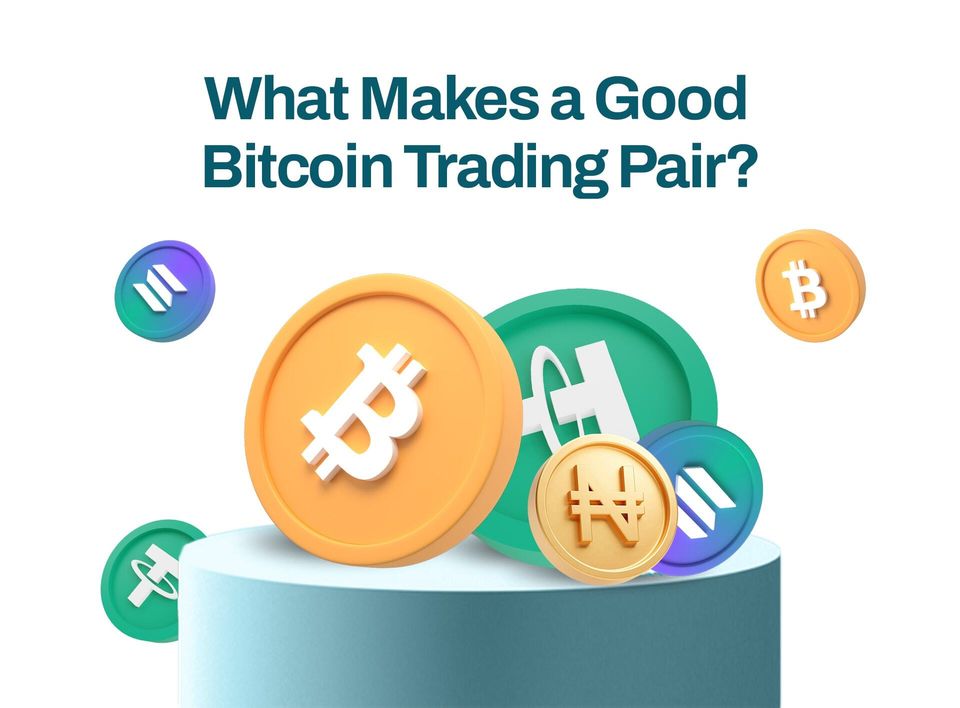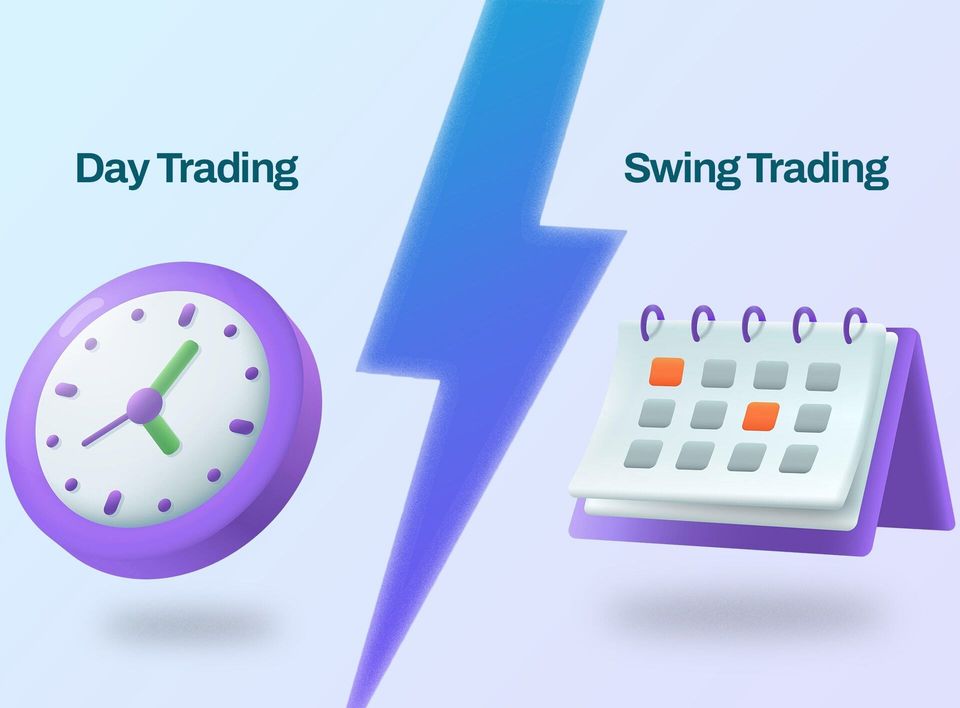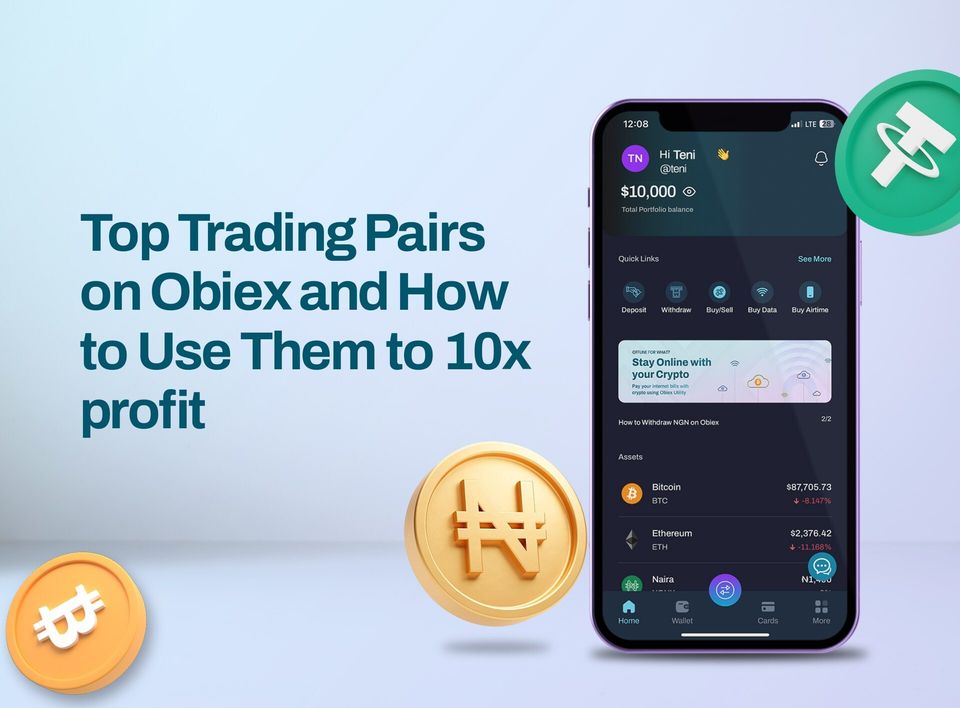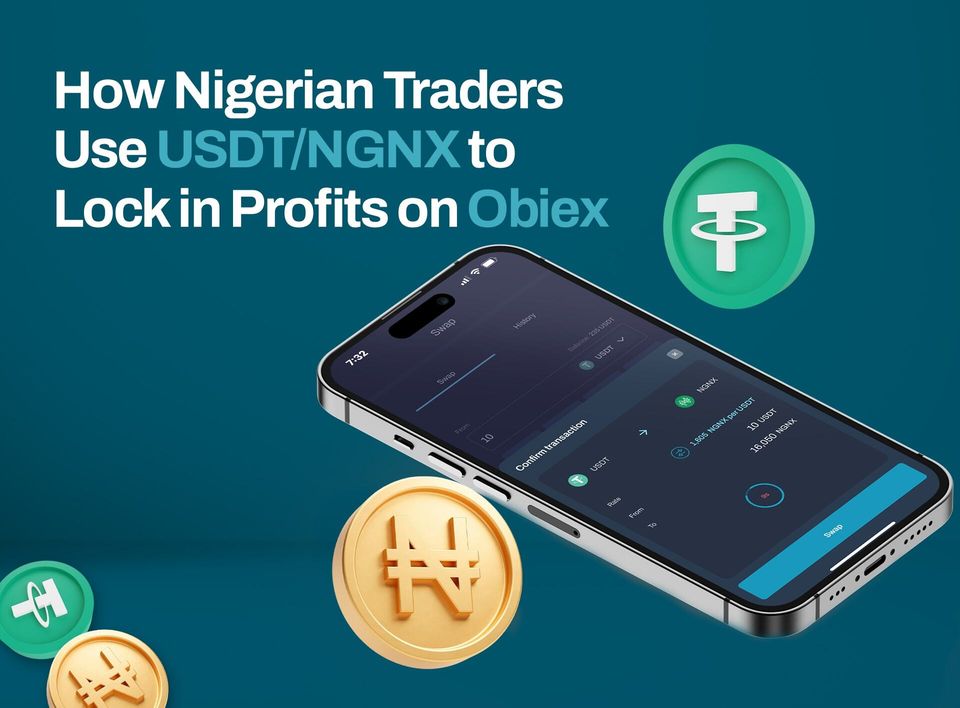Will Web3 and the Metaverse survive in Africa?
The concept of the metaverse/web3 sounds exciting, but how does it benefit the average African?
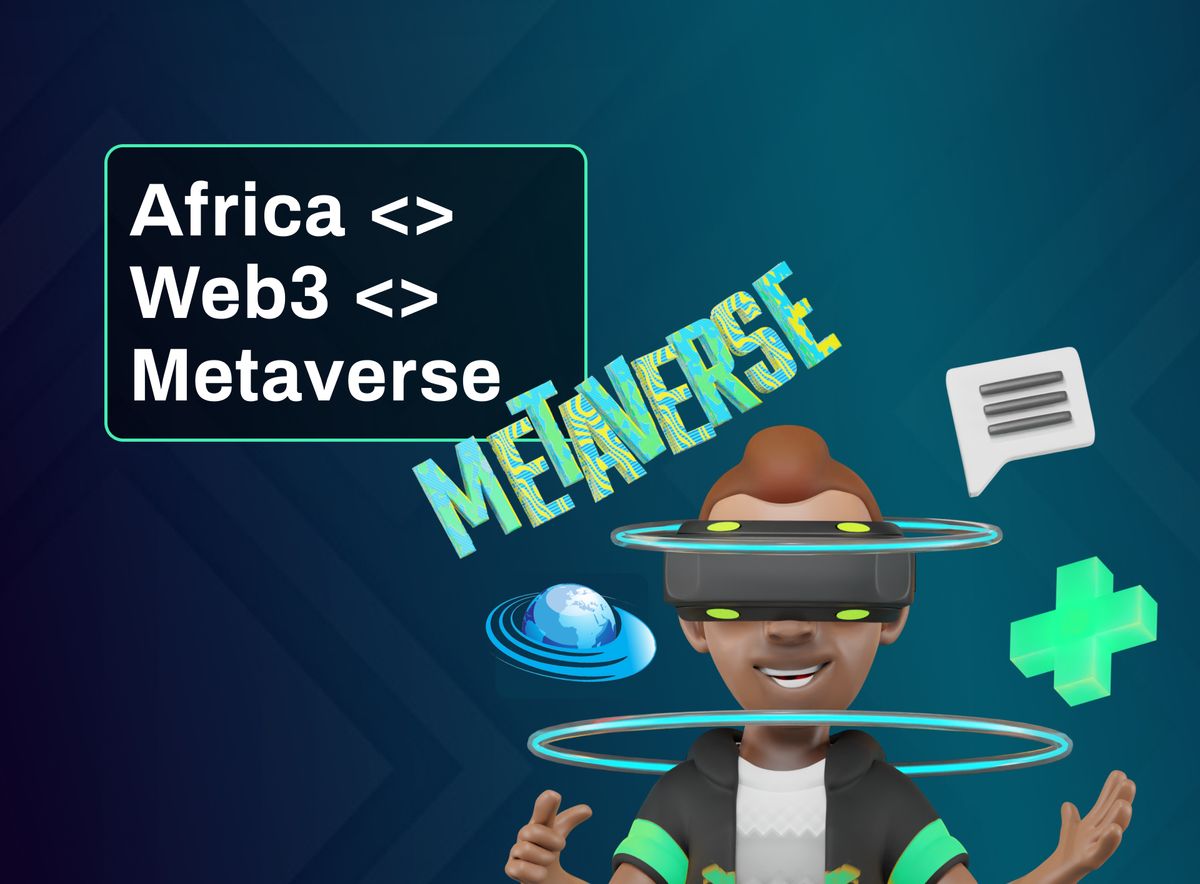
The concept of the metaverse/web3 sounds exciting, but how does it work for everyday people?
What can the average Joe, Aisha, Nkem, Kwesi, Thabo or Tolu do with the Metaverse?
What can Africans do with web3, or how do they even access it? Can the Metaverse survive in Africa knowing all we do about the socio-economic and technological state of the continent?
What does Web3 and the Metaverse mean?
When Web1 was created, it had limited uses. It was meant for read-only information without options for users to reply or communicate to the content creators. This era lasted from 1990 to 2000.
Web2 began in 2000 and brought the read-write-respond web. Users of the Web2 internet could now do more than read web pages.
They could socialise, build communities and communicate on a global scale. This interaction was further heightened by the invention of the smartphone and the evolution of computers. Youtube, Facebook and Twitter are some of the famous creations from this era. These platforms have come a long way, both positive and negative, from when they first launched.
Web2 has continued to grow and scale into what we currently use now. Social media platforms, blogging sites, online gaming, and remote work tools all of these are part of the Web2 space.
With these resources, the regular person already has all they need, so what is web 3 going to offer?
So far, from what has been put forth by proponents of this new version of the world wide web, Web3 will be a “read/write/own” internet space.
Many people are increasingly becoming frustrated with being regarded as just users or product targets with minimal autonomy by the tech industry and Web2 controllers. Web3 is meant to offer the average user significant ownership over their data, user consent and all round creation. Users will be shareholders who can make decisions affecting the internet space, not just end users with minimal authority.
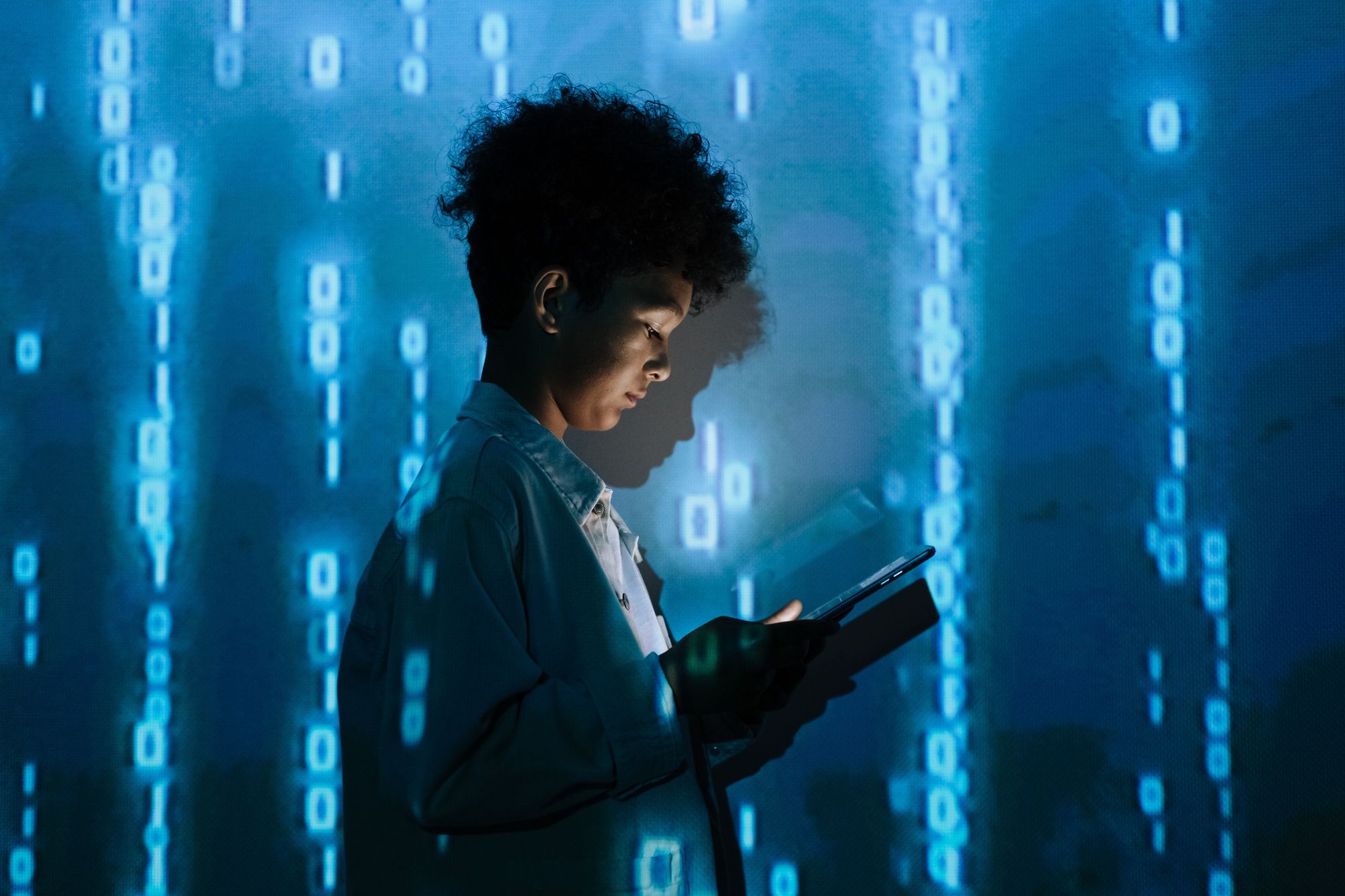
A key highlight of web3 is the Metaverse. The Metaverse is essentially a virtual world with fully developed structures and replications of offline world features.
People would be able to work, play, learn, create and earn in the Metaverse as they do in the real world. You would be able to buy clothes, vote for governance decisions, own property, pay for office spaces and host virtual parties, amongst other things.
However, the Metaverse as a whole does not exist yet. It is still a concept being supported by elements with metaverse characteristics.
These elements include VR (Virtual Reality) gaming, decentralised applications, blockchain-powered platforms, and cryptocurrency.
Tech heavyweights such as Meta(formerly Facebook) and Microsoft are working on tech tools for interaction with/in the different virtual spaces that will eventually make up the Metaverse.
Other large companies and small startups are also working on the structure required to make the Metaverse an efficient (and dare we say better) replica of the physical world.
What exactly can the Metaverse and web3 be used to do in Africa?
Web3 is meant to be a new phase of the internet that offers:
- more accessible building opportunities,
- more leverage for creators
- more control over consent, content and data for users
It intends to take away most of the monopoly “big tech” holds over the internet by:
- reducing gatekeeping and making the internet a shared open space
- offering the average user the capability to be an active internet user/creator/builder.
- providing structure through cryptocurrency tokens and decentralised organisations.
Web3 Use Cases
Here are five potential uses Web3 offers to the everyday internet user:
Increased Internet authority through Decentralised Autonomous Organisations (DAOs)
A Decentralised Autonomous Organisation (DAO) is an online community owned by the members. It takes the “government of the people by the people for the people” principle and applies it to its structural functionalism.
This means that a single authority or person cannot change the organisation’s rules.
There has to be consensus from all members before any change can be made and implemented, unlike on Web2, where a single authority can change the rules affecting thousands of people.
Voting in DAOs is managed via smart contracts on the blockchain. Smart contracts are programs stored on the blockchain that run or are executed when preset conditions are met.
They are often utilised to automate the implementation of an agreement so all participants can instantly know the result without third-party inclusion or time wastage.
Access to financial freedom through Decentralised Finance
Decentralised finance (DeFi) is an all-encompassing term for financial services and technology built on and carried out on public blockchains.
Using Defi, you can do essentially everything banks offer, such as buying insurance, earning interest, trading assets, lending and borrowing. The whole system is set up to lessen the control banks and other financial institutions have on financial services, products and money.
The web3 economy will purportedly be based on decentralised finance and cryptocurrencies as a medium of exchange.

Increased User Privacy and Safety of User Data
Privacy of user data and information is a growing concern amongst internet users.
To offer current insight into the state of user privacy on the Web2 internet. In February 2022, Facebook’s parent company Meta finally agreed to settle a longstanding dispute over privacy infringement for $90 million.
The lawsuit was initially filed in 2012 and alleged that Facebook continued to track its users via plug-ins and cookies, even after they logged out of the social media platform; and then sold the data to advertisers.
On web3, user data and consent will supposedly be prioritised. For instance, you would be able to prove you know your password without typing it into the website.
Hence, your password would never be saved to the site’s database, which reduces the possibility of your information being stolen and used to hack your accounts. Web3 promises to improve user privacy protection and regulatory compliance of service providers while offering total internet transparency.
Creator Autonomy and Economy
There’s already a creator economy on web2. Look at the countless platforms like TikTok, Medium, Instagram and Youtube that offer creatives a way to make and share their work and connect with their audience.
Web3 intends to take this further by providing resources such as NFT marketplaces where creators can earn money directly for their work.
NFTs are one-of-a-kind digital assets that can be traded like any other marketplace item and are subject to the standard market laws of demand and supply. Like any other collectible item, they rise and fall in value due to supply, demand, and factors such as the artist’s reputation.
Many people are concerned that NFTs can be easily copied, rendering ownership of the original obsolete. Anyone can save a photograph of the Mona Lisa or even commission an artist to recreate the famous painting. Anyone can also go online and save a picture of a valuable NFT.
However, just as reproducing the Mona Lisa does not affect its value, owning a copy of an NFT does not affect its value. Because the unique token transferred to your wallet upon payment validates your ownership of the NFT.
Web3 will also offer a way for creators to bypass gatekeepers and (hopefully) put the “starving creative” or “broke artist” trope to rest by letting artists monetise their creations easily. This way, creatives can maintain their autonomy and agency and create what they want without worrying about impressing the gatekeepers.
Direct Access to The Metaverse
As was previously mentioned, the Metaverse does not wholly exist yet. But its objective is to have a shared, decentralised open (virtual) world that anyone can access.
People in the Metaverse would move around and take action via digital avatars. They can have meetings, parties, play games, work and possibly live in the Metaverse as they would offline. More importantly, they could control and shape their reality through decentralised voting and a decentralised economic system.
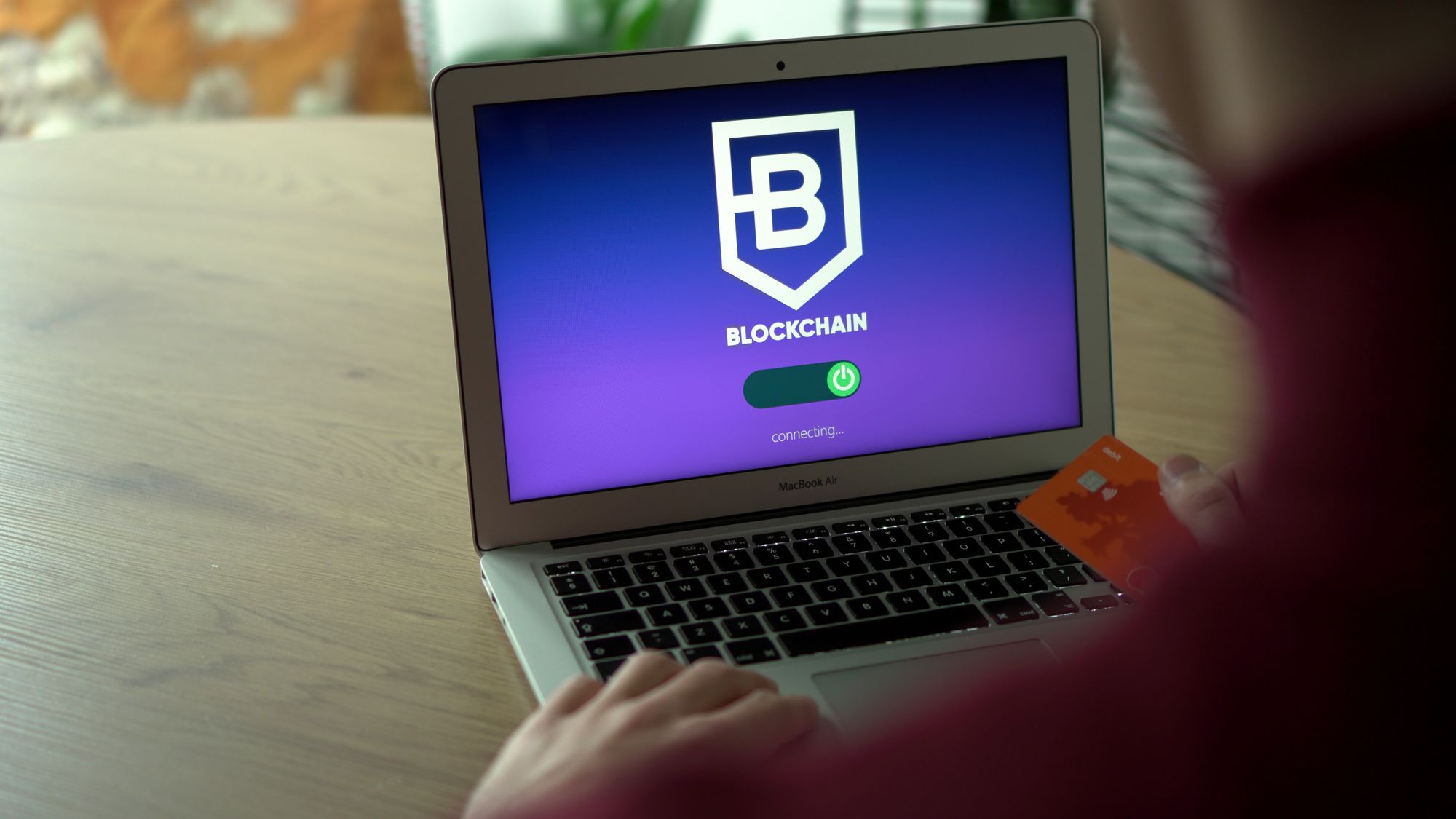
Web3 and The Metaverse in Africa: The Good
- The application of Web3 in Africa is seen in the numerous cryptocurrency & blockchain exchange apps and platforms that are starting up and raising funding. For instance, more venture funding flowed into Africa in the first quarter of 2022 compared to 2021, according to a new report by blockchain investment firm Crypto Valley Venture Capital (CV VC) and Standard Bank. Blockchain startups raised $91 million in the first quarter of 2022. There was also a 1,668% year-on-year increase in cash inflow compared with Q1 2021’s growth of 149% — a jump of more than 11x, according to CV VC The African Blockchain Report 2021.
- According to the Chainalysis 2021 Geography of Cryptocurrency report, Africa’s cryptocurrency market grew by over 1200% and received a total of $105.6 billion in remittances between July 2020 and June 2021. The report also noted that the African market is one of the most promising and dynamic in the world despite being the smallest. Cryptocurrency has also become a hedge against inflation in the continent through the use of coins like Ethereum (ETH), Bitcoin (BTC), Tether (USDT), Solana (SOL) and several others.
- African Millennials and Gen Z individuals are being hired to work remotely in blockchain and crypto companies building products for Web3 and Web2. This is likely to have the ripple effect of developing the continent’s workforce, which will lead to building products and companies and, by direct extension, improving the African economy.
- Since the NFT wave became mainstream, there have been numerous stories of African artists receiving acclaim and payment for their work that they would typically not have gotten before.
- African countries such as Nigeria, Ghana, Kenya, Tanzania and South Africa are testing CBDCs (Central Bank Digital Currencies) to tap into the cryptocurrency-blockchain-web3 space.
Web3 and The Metaverse in Africa: The Problematic
A prerequisite for accessing Web3 and the Metaverse is internet access. However, only 28.2 percent of Africans are internet users, including those who use the internet via their phone and those who use the internet via cybercafes.
The cost of data is also too high for many Africans to afford comfortably.There is also the issue of low internet literacy levels on the continent.
However, these problems are not impossible to overcome. Unfortunately, the general African leadership has neglected technological development for decades, so the work of providing solutions is multilayered.
Africans will have to wade through multiple socio-economic issues before the continent can be on par with its western counterparts.
Still, this cloud has a silver lining in the form of the numerous blockchain,web3 and cryptocurrency companies rising on the continent. It’s a good start to a long road ahead.
Web3 and The Metaverse in Africa: The Bottomline
Will Web3 and the Metaverse survive in Africa? The short answer is Yes.
The long answer is Yes, but with terms and conditions attached. Africa is still mainly a consumer economy, and Web3 focuses on offering builders opportunities.
The continent stands a chance to be an active participant in this new phase of the web, provided it takes concrete steps to eliminate the significant roadblocks standing in its way.
Disclaimer: This article was written to provide guidance and understanding. It is not an exhaustive article and should not be taken as financial advice. Obiex will not be held liable for your investment decisions.

